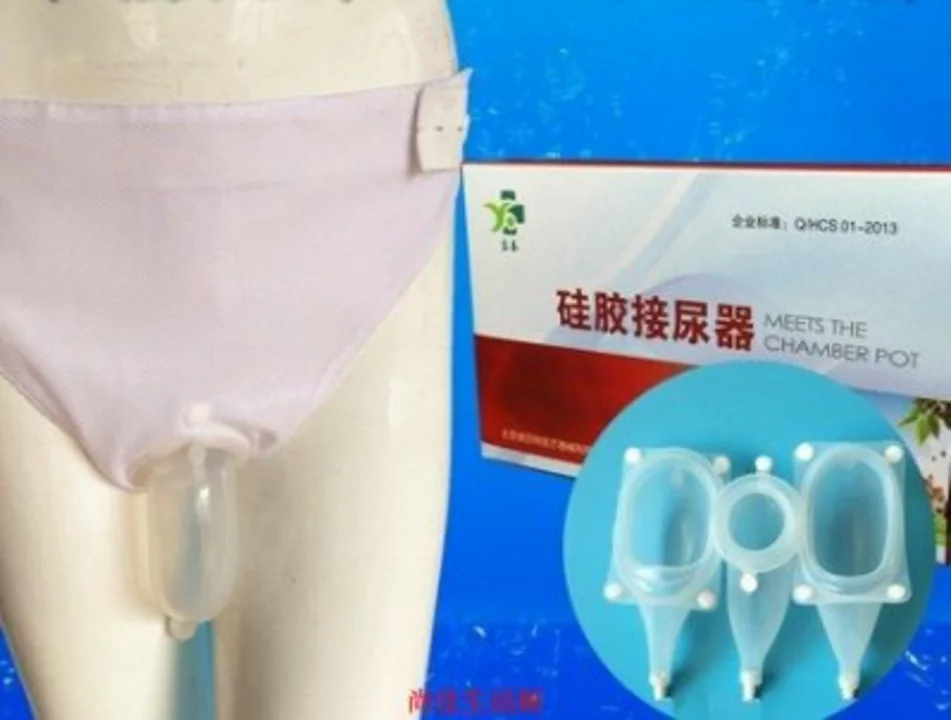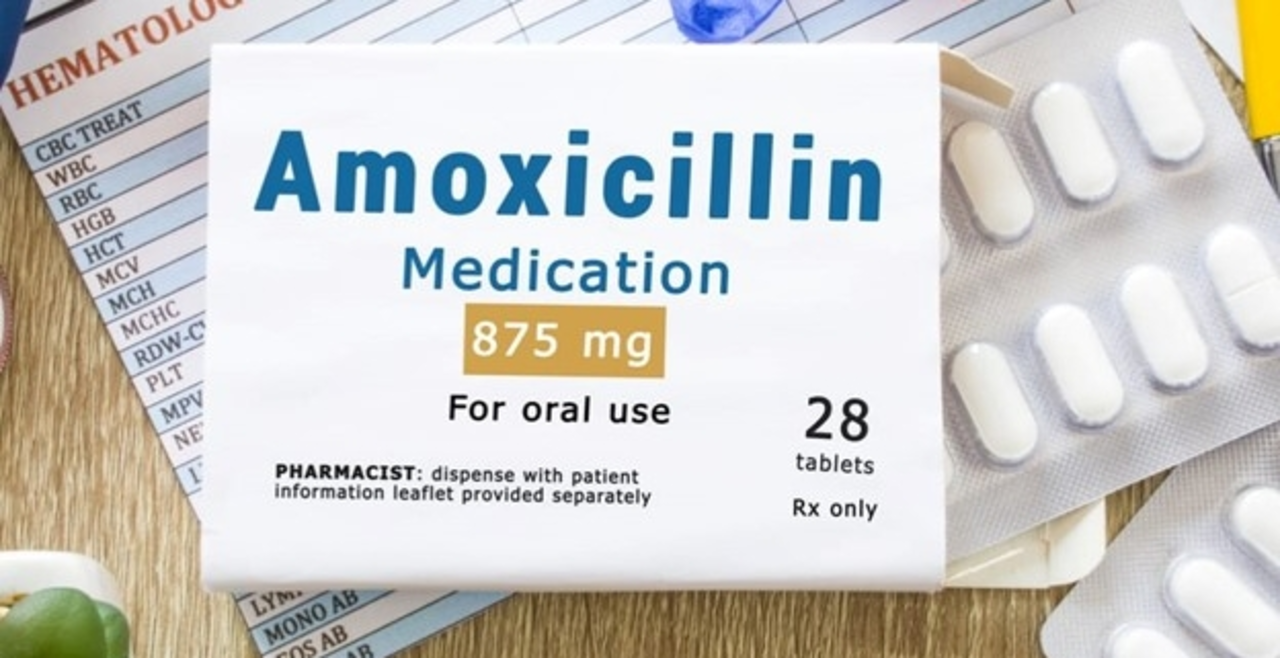April 2023 — Practical pharmacy and health posts from GlobalCareRx
You want clear, useful posts — that's what we published in April 2023. This month we covered hydration and urine leakage, using amoxicillin for travelers' diarrhea, a look at azathioprine and healthy fats, and the history of brimonidine tartrate in eye care. Below you'll find what matters most from each piece and simple steps you can use right away.
Hydration and preventing urine leakage
Dehydration can actually make leakage worse because concentrated urine irritates the bladder. Drink regular amounts of fluid across the day instead of gulping large volumes at once. Aim for a baseline like 1.5–2 liters daily unless your doctor told you otherwise. If you already have leakage, schedule timed voiding: set reminders every 2–4 hours to empty the bladder, and reduce bladder irritants such as caffeine and alcohol. If leakage is sudden or heavy, see a clinician — physical therapy or medications can help.
Amoxicillin for travelers' diarrhea — what to know
Amoxicillin is an antibiotic sometimes used for bacterial travelers' diarrhea, but it’s not a one-size-fits-all fix. Always check with a healthcare provider before taking antibiotics while traveling. Use prevention first: drink bottled or treated water, avoid raw salads, and choose hot, well-cooked food. If you get diarrhea with high fever, blood in stool, or severe dehydration, seek medical care — a provider will decide if antibiotics like amoxicillin or another drug are appropriate. Overusing antibiotics raises resistance and can cause side effects like diarrhea from C. difficile, so follow guidance closely.
April's posts also cleared up a confusing topic about azathioprine and omega‑3 fats. Azathioprine is an immunosuppressant drug used in autoimmune disease and after transplants. It is not a healthy fat. Omega‑3 fatty acids are dietary fats that reduce inflammation and support heart and brain health. If you're taking azathioprine, talk with your prescriber before adding supplements. Some supplements interact with drugs or change how your body handles medication.
We also shared a short history of brimonidine tartrate in ophthalmology. Brimonidine is used to lower eye pressure in glaucoma and to reduce redness by constricting blood vessels. Its development improved topical options for patients with ocular hypertension. If you use any eye drops, stick to the prescribed dose and report irritation, vision changes, or persistent discomfort to your eye doctor.
Want quick takeaways? Stay hydrated in steady amounts, prevent travelers' diarrhea with safe food and water choices, never self-prescribe antibiotics, separate drug names from nutrients (azathioprine vs omega‑3), and follow your eye care provider's guidance for medications like brimonidine. If a symptom feels severe or unusual, get professional advice — that’s the fastest way to stay safe while traveling or managing chronic conditions.
Looking for any of these full posts? Browse our April 2023 archive on GlobalCareRx for details, references, and practical tips specific to each topic.



